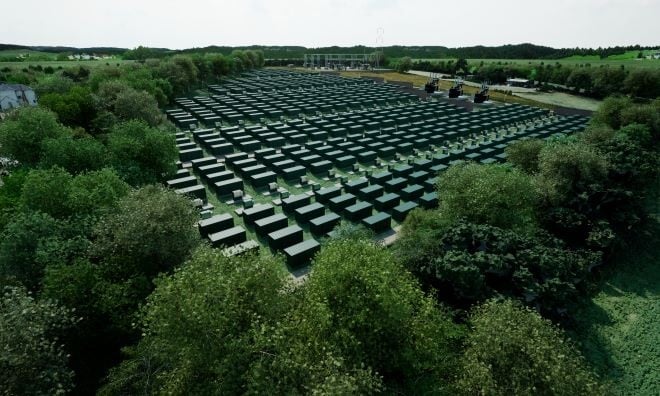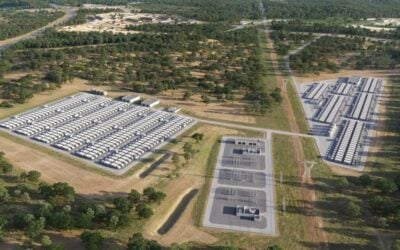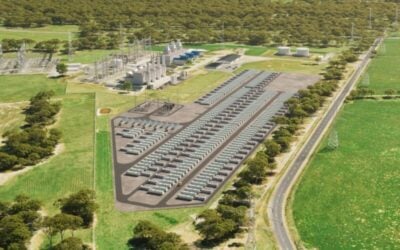
The problem of changes to battery cell order pricing because of raw material index (RMI) pricing has now improved for energy storage offtakers, EPC firm Burns & McDonnell told Energy-Storage.news.
Adjustments to the indicative price for lithium-ion battery cell orders for energy storage due to raw material price volatility are now happening less close to the time of order execution as the underlying volatility eases, explained Jason Barmann, Energy Storage Technology Manager for the engineering, procurement and construction (EPC) firm.
Enjoy 12 months of exclusive analysis
- Regular insight and analysis of the industry’s biggest developments
- In-depth interviews with the industry’s leading figures
- Annual digital subscription to the PV Tech Power journal
- Discounts on Solar Media’s portfolio of events, in-person and virtual
As Energy-Storage.news has previously written, battery cell manufacturers, or OEMs, in the past few years have been applying raw material index (RMI) multipliers to prices for orders to energy storage offtakers. The biggest energy storage players like Fluence have passed some of this on to their customers.
These RMI pricing formulas have been predominantly based on the market price of lithium carbonate, which spiked five-fold in late 2021, but also take into account other raw materials like cobalt and nickel. If the price of the underlying materials has changed by the time the battery cell order is executed and goes to manufacturing, the actual price will change by a set multiplier.
“So before this was happening a month before they started manufacturing, which itself is a fairly quick process (relative to the order timeframe of 12-18 months). Now that’s starting to creep out and be two to three months before manufacturing as the price has somewhat stabilised now. We did have a big jump late last year,” Barmann said.
“The cell suppliers have also found other ways in their supply chains to help stabilise the price enough to extend this timeframe. They’ve done a lot of work figuring out how to make their equations point to just one metals index which captures all of their raw materials going into production, because before you had loads of different raw metals whose inflation was hitting at different times and by different amounts.”
Barmann added that there is a consensus forming that for the rest of 2023 the pricing may bounce up and down but will remain stable overall, certainly compared with the last 18-24 months. But, it is unlikely to fall to the pre-crisis lows any time soon.
Burns & McDonnell is one of the biggest EPC firms in battery storage, having worked on over 40,000MWh of projects to-date including the largest in the world at Moss Landing, California. The company contributed to Energy-Storage.news’ series of end-of-year roundup articles with a year-in-review Q&A piece which you can read here.
Energy-Storage.news’ publisher Solar Media will host the eighth annual Energy Storage Summit EU in London, 22-23 February 2023. A few weeks later comes the 5th Energy Storage Summit USA, 28-29 March 2023 in Austin, Texas, followed by the 1st Energy Storage Summit Asia which takes place on 11-12 July 2023 in Singapore.






